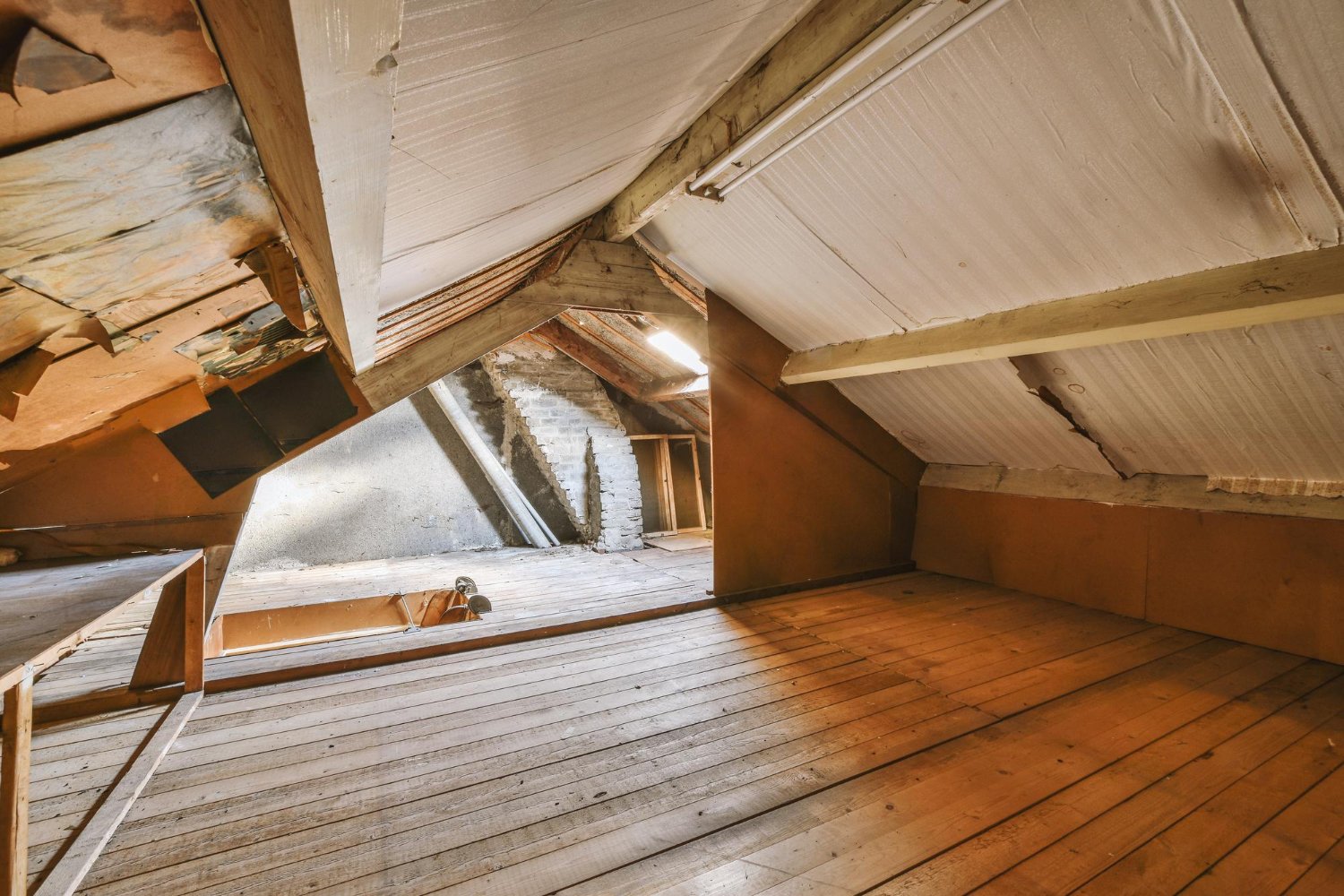Homeowners and real estate developers often find themselves asking how much does it cost to replace a 2-ton HVAC system as they plan to improve property conditions and energy efficiency. HVAC systems play a crucial role in maintaining comfort and air quality, so replacing them, while sometimes costly, can offer tremendous long-term benefits.
In this comprehensive guide, we delve into the factors influencing the costs of replacing a 2-ton HVAC system, giving you the necessary insights to make an informed decision. Whether you are a homeowner planning an upgrade or a real estate developer optimizing a property’s value, understanding these costs is crucial. As we proceed, we will explore the specifics associated with these installations, offering a solid foundation to evaluate your needs and potential investments.

Understanding HVAC Systems
Before diving into the cost breakdown, it is essential to understand what an HVAC system entails. HVAC stands for Heating, Ventilation, and Air Conditioning. These systems regulate temperature, humidity, and air quality within a building. In particular, a 2-ton system refers to the cooling capacity, which is capable of handling approximately 24,000 BTU (British Thermal Units) per hour, suitable for homes ranging from 1000 to 1400 square feet.
Factors Affecting Replacement Costs
The cost to replace a 2-ton HVAC system can fluctuate based on several factors:
1. Existing Infrastructure
The existing ductwork and infrastructure significantly influence the replacement costs. If the current duct system is in good condition, expenses might be limited to the new unit’s purchase and installation. Conversely, if ducts require repairs or replacements, additional costs will incur. Innovative recycled materials could offer solutions in such scenarios.
2. Efficiency Ratings
High-efficiency systems might cost more initially but save money over time on energy expenses. Decision-makers often weigh SEER ratings (Seasonal Energy Efficiency Ratio) to determine the best balance between upfront costs and long-term savings.
3. Labor Costs
Installation fees from contractors vary based on complexity and location. It’s foundational to get multiple quotes from professionals to understand the labor market in your area.
4. Permits and Regulations
Permits or compliance with local codes may be necessary depending on your location, contributing to additional costs. LEED Certification might guide regulatory factors.
Typical Costs Involved
- HVAC Unit Price: Ranges from $1,200 to $2,500 for 2-ton units, depending on brand and model.
- Installation Fees: Can extend from $1,500 to $3,000, affected by labor rates and system complexities.
- Ductwork: Enhancing or replacing ductwork adds $1,000 to $3,000 or more, depending on extent and material.
- Additional Components: Thermostats and other accessories may cost an additional $200 to $500.
Hence, the typical total costs can range from $4,500 to $9,000 or more. Understanding these aspects is vital for budgeting and planning purposes.
Choosing the Right System
Selecting an appropriate HVAC system should consider efficiency, brand reliability, and necessary features. Consulting with professionals to evaluate your property’s specific needs, climate factors, and future goals will aid in making an enlightened decision. Additionally, exploring low-impact development techniques could align HVAC replacements with sustainable practices.
Innovations in HVAC technology continue to evolve, offering more energy-efficient and environmentally friendly options. Keeping abreast of these advancements can optimize your investment.
Installation Process Explained
Proper installation plays a pivotal role in ensuring HVAC system performance:
1. Site Assessment
Before installation, a thorough evaluation of the existing system and space is performed. This assessment ensures the new unit’s compatibility and effective performance.
2. Removal
The old HVAC system needs careful removal, often requiring safe disposal or recycling. Professionals ensure this process adheres to best practice standards and regulations.
3. Installation
New systems are installed, ductwork adjustments executed, and additional components like thermostats are fitted. Its imperative for installers to test for operational effectiveness and efficiency.
4. Final Checks and Balances
After installation, a final review ensures everything functions as intended, addressing any potential issues before completion.
Maintaining Your HVAC System
Proper maintenance extends the lifespan of your HVAC system, enhancing efficiency:
- Regular Filter Changes: Replace filters every few months to promote air quality and system efficiency.
- Seasonal Checks: Professional inspections twice a year can identify emerging issues and ensure peak performance.
- Cleaning Components: Dust and debris accumulation in ducts and components can impede functionality.
Why Regular Maintenance Matters
Adhering to maintenance schedules can prevent unexpected breakdowns and costly repairs. Consider exploring strategies for water conservation that may complement energy-saving HVAC measures.
Tailored Solutions for Different Needs
Every property and client might demand unique considerations. Tailoring HVAC solutions to suit distinctive requirements can ensure system longevity and performance that matches expected outcomes.
Potential Savings and Benefits
Investing in efficient HVAC systems promises reductions in utility bills, increased property value, and enhanced comfort, which are crucial indicators for potential buyers or stakeholders in real estate.
Tremendous Advantages of Smart Technologies
Adopting modern smart technologies in HVAC systems enhances control, leading to substantial long-term savings and user convenience. These technologies facilitate remote management, real-time energy monitoring, and automatic adjustments aligned with usage patterns.
Delighted Clients Testimonials
Client success stories reveal how well-considered replacements and upgrades yield satisfaction and cost-efficiency, validating the decision to prioritize HVAC investments.

FAQs
Why opt for a 2-ton HVAC system?
A 2-ton system is ideal for small to medium-sized homes, offering efficient cooling and heating for areas ranging from 1000 to 1400 square feet.
How long does HVAC replacement take?
The installation typically takes one to two days, depending on the project’s complexity and existing system conditions.
Can I install an HVAC system independently?
Professional installation is recommended due to the complexity of HVAC systems and the necessity to comply with local codes and standards for safety and efficiency.
As an Amazon Associate, I earn from qualifying purchases.



